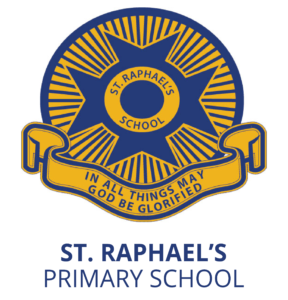Mathematics provides students with access to important mathematical ideas, knowledge and skills that they will draw on in their personal and work lives. The curriculum also provides students, as life-long learners, with the basis on which further study and research in mathematics and applications in many other fields are built.
Number, measurement and geometry, statistics and probability are common aspects of most people’s mathematical experience in everyday personal, study and work situations. Equally important are the essential roles that algebra, functions and relations, logic, mathematical structure and working mathematically play in people’s understanding of the natural and human worlds, and the interaction between them.
The Mathematics curriculum focuses on developing increasingly sophisticated and refined mathematical understanding, fluency, reasoning, modelling and problem-solving. These capabilities enable students to respond to familiar and unfamiliar situations by employing mathematics to make informed decisions and solve problems efficiently.
The curriculum ensures that the links between the various components of mathematics, as well as the relationship between mathematics and other disciplines, are made clear. Mathematics is composed of multiple but interrelated and interdependent concepts and structures which students apply beyond the mathematics classroom. For example, in Science, understanding sources of error and their impact on the confidence of conclusions is vital; in Geography, interpretation of data underpins the study of human populations and their physical environments; in History, students need to be able to imagine timelines and time frames to reconcile related events; and in English, deriving quantitative, logical and spatial information is an important aspect of making meaning of texts.
The Mathematics curriculum aims to ensure that students:
- develop useful mathematical and numeracy skills for everyday life, work and as active and critical citizens in a technological world
- see connections and apply mathematical concepts, skills and processes to pose and solve problems in mathematics and in other disciplines and contexts
- acquire specialist knowledge and skills in mathematics that provide for further study in the discipline
- appreciate mathematics as a discipline – its history, ideas, problems and applications, aesthetics and philosophy.
